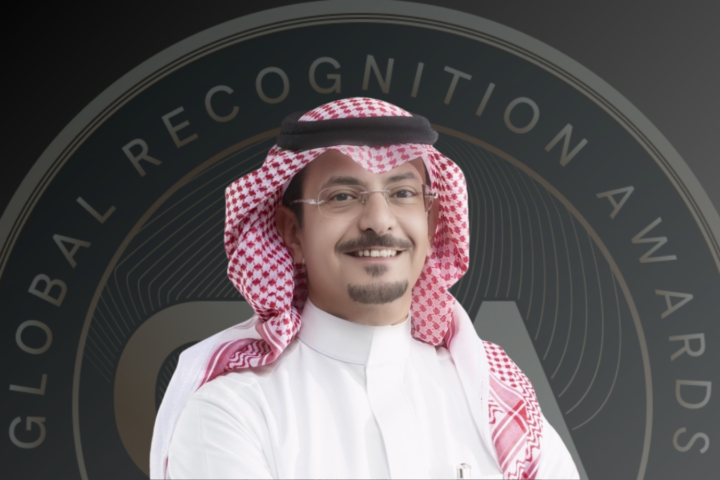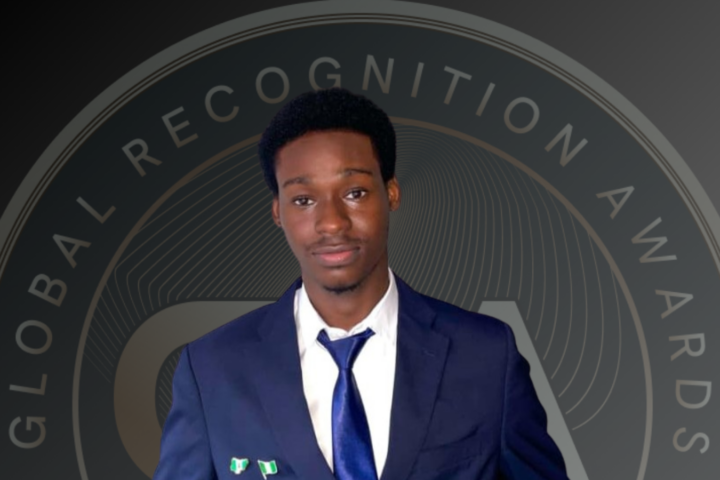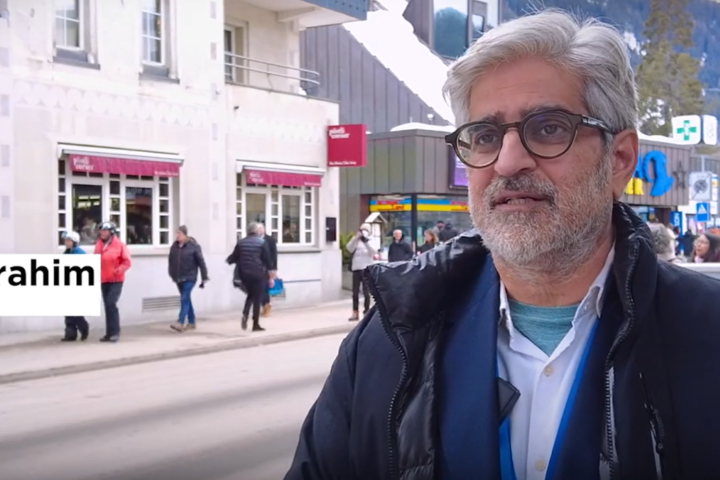As nations race to secure their digital borders, global competition is increasingly being waged through technology and data rather than traditional arenas. The engineers behind that effort are becoming central to how nations build and safeguard digital trust. Among them is Hassan Rehan, a Texas-based technologist whose work in AI-driven cloud security has earned international attention for redefining how intelligence and infrastructure converge. From securing data frameworks for U.S. energy systems to mentoring the next generation of technologists, his career reflects how digital security and intelligence are increasingly intertwined in modern infrastructure.
The Architecture of Tomorrow’s Digital Defense
Rehan’s work confronts one of AI’s most pressing challenges: detecting threats before they materialize. Within the IEEE research community, his studies examine how digital behavior manifests in patterns. How do users, sensors, and applications move and interact? When do they reveal the first signs of compromise? His frameworks merge deep-sequence learning with behavioral analytics, allowing distributed cloud systems to share intelligence without exposing raw data.
This approach is known as federated defense: the concept that security, like knowledge, can be distributed yet unified. This transforms cybersecurity from a static system into a responsive framework that adapts in real time, assesses anomalies contextually, and learns faster than evolving threats. His architecture offers a way for institutions, from global enterprises to national utilities, to build trust directly into their infrastructure. Instead of reacting to breaches, these systems anticipate them. Instead of isolating intelligence, they collaborate securely across borders.
From Theory To Infrastructure
His work doesn’t live in theory; it lives in the systems people depend on without even realizing it. The question that drives him is simple: “What happens after the algorithm works?” This has shaped how data is secured and how cloud environments defend themselves once automation takes over. What emerges is a new generation of cloud frameworks that are fast, predictive, and defensively designed.
The same philosophy guides his collaborations with public agencies, where he has helped architect digital platforms for clean-energy funding, grant management, and environmental initiatives. For him, technology is valuable only when it earns trust. Citizens need to know that automation can serve them without exposing their personal information. It’s innovation that doesn’t seek attention, yet steadily reshapes how governments, industries, and societies function.
A Global Spotlight On Digital Resilience
Earlier this year, Hassan Rehan’s work earned international distinction with the 2025 Global Recognition Award, an honor reserved for professionals whose influence transcends industries and borders. The award’s review process is rigorous, assessing the measurable impact of innovation that reshapes how organizations operate, research that advances collective knowledge, and leadership that produces tangible public benefits.
His record stood out for its reach across research, enterprise, and governance fields rarely bridged within a single career. The recognition affirms that building technologies rooted in intelligence and trust can itself be a form of global leadership. It also highlights a broader industry trend: the rise of AI that emphasizes protection and reliability alongside innovation.
Innovation Without Borders
His perspective has been shaped by both geography and technology. Working at the intersection of energy infrastructure and digital innovation, he has witnessed how secure data systems quietly sustain national economies. His collaborations are increasingly extending to the Middle East, where countries like Bahrain are reimagining governance, finance, and sustainability through AI-driven transformation.
That cross-continental exchange is more than a partnership. It serves as a test case for how the next phase of digital globalization will operate. In the West, the question is how to make automation accountable. In the Gulf, the question is how to scale it. Rehan’s frameworks help reconcile both by embedding transparency into systems built for speed. Through initiatives with engineers, research councils, and government technology programs, he has helped develop security practices that are effective across jurisdictions, industries, and diverse cultural norms.
He views technology not only as an invention but as a collaboration: a shared framework connecting nations in their pursuit of digital resilience. His work illustrates how digital trust can function as critical infrastructure. That vision aligns with Bahrain’s own goals for the future, where knowledge, security, and innovation form the pillars of economic resilience.
Two Philosophies, One Future
Artificial intelligence tells two stories depending on where you stand. In the United States, there is a debate about governance. Who owns the data? Who writes the rules? How can transparency be integrated into the digital economy? The American model prizes accountability: innovation must justify itself through ethics, privacy, and public trust. Across the Middle East, the narrative moves differently. Nations like Bahrain and the UAE see AI not just as a technology but as infrastructure, a catalyst for national diversification, efficiency, and sovereign capability.
Hassan Rehan’s work sits at the center of these two philosophies. From his base in Texas, he has watched how American frameworks for cloud security and responsible AI can be woven into the Gulf’s rapid transformation agenda. By translating research on federated learning and zero-trust models into deployable frameworks for governments and enterprises, he bridges two key areas of progress: the U.S. focus on ethical oversight and the Middle East’s ambition for large-scale digital modernization.
That bridge represents a new global alignment where data sovereignty and ethical AI are not competing ideals but shared foundations for progress.
Shaping The Global Research Conversation
Within the Global IEEE Research Community, Hassan Rehan is known less for hierarchy than for presence. His influence moves quietly through conference halls, review boards, and virtual panels, linking experts from Europe to the Gulf. Colleagues describe his approach as mentorship in motion: technically precise yet grounded in ethics, focused as much on the “why” as the “how.” His insistence on responsibility has made him a voice that bridges not just disciplines but continents.
Defining The Future of Trust In AI
Hassan Rehan doesn’t describe artificial intelligence as a technology. He treats it as a responsibility. Progress, he argues, means little if it doesn’t earn the world’s trust. His current focus lies in extending intelligent security across critical infrastructure: energy systems, hospitals, and public networks that form the backbone of modern life.
“Technology should make people feel safer, not watched,” he said in conversation with Forbes Bahrain. As nations invest billions into connected intelligence, his vision reframes the conversation, not around what AI can achieve but around what societies can safely depend on it to defend. The question echoing across sectors is whether intelligence can scale faster than trust. Hassan Rehan believes the answer depends on design: on systems engineered to earn confidence as rigorously as they process data. The value of AI, in his view, will be measured by the security and humanity it preserves.








